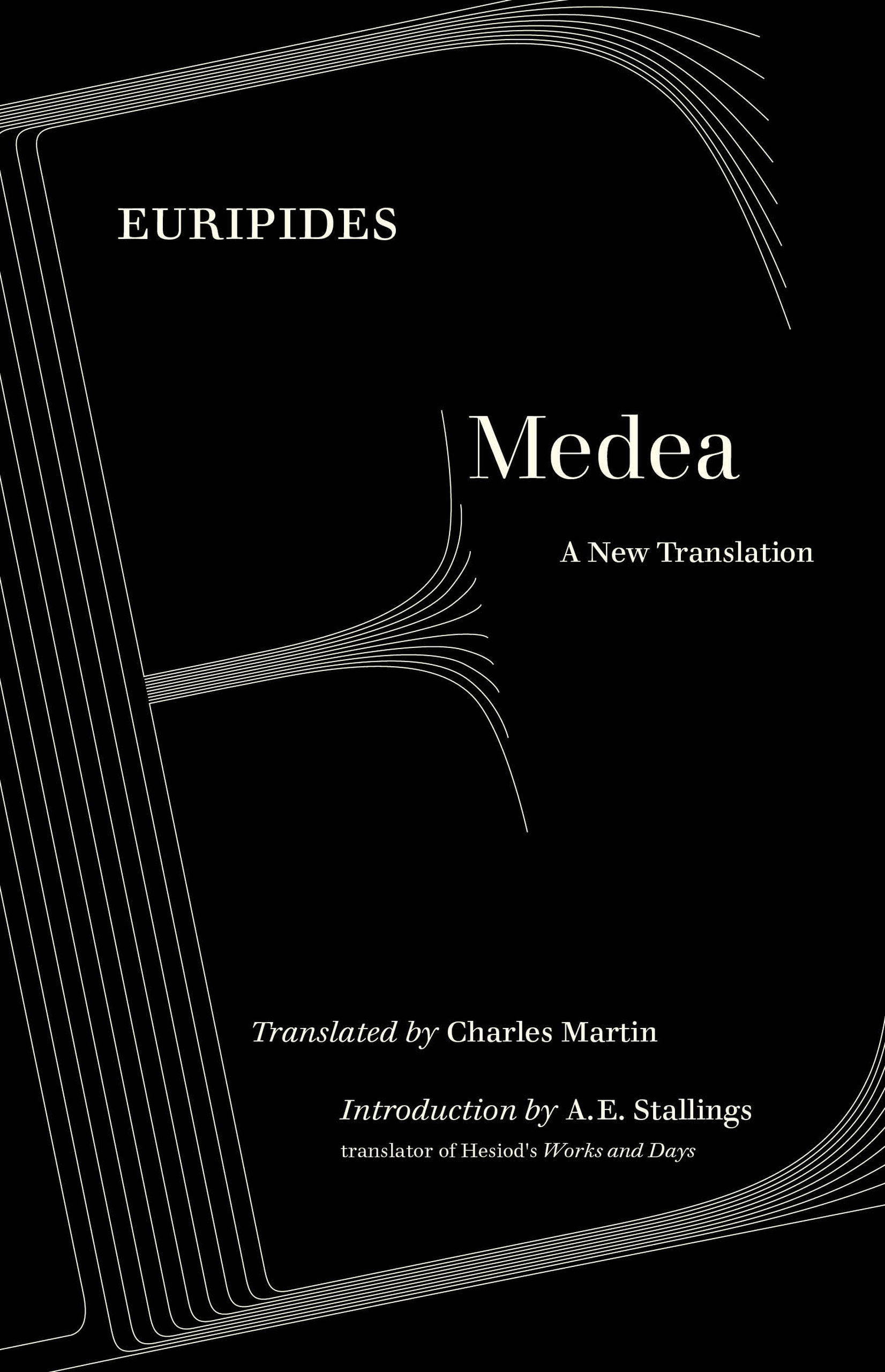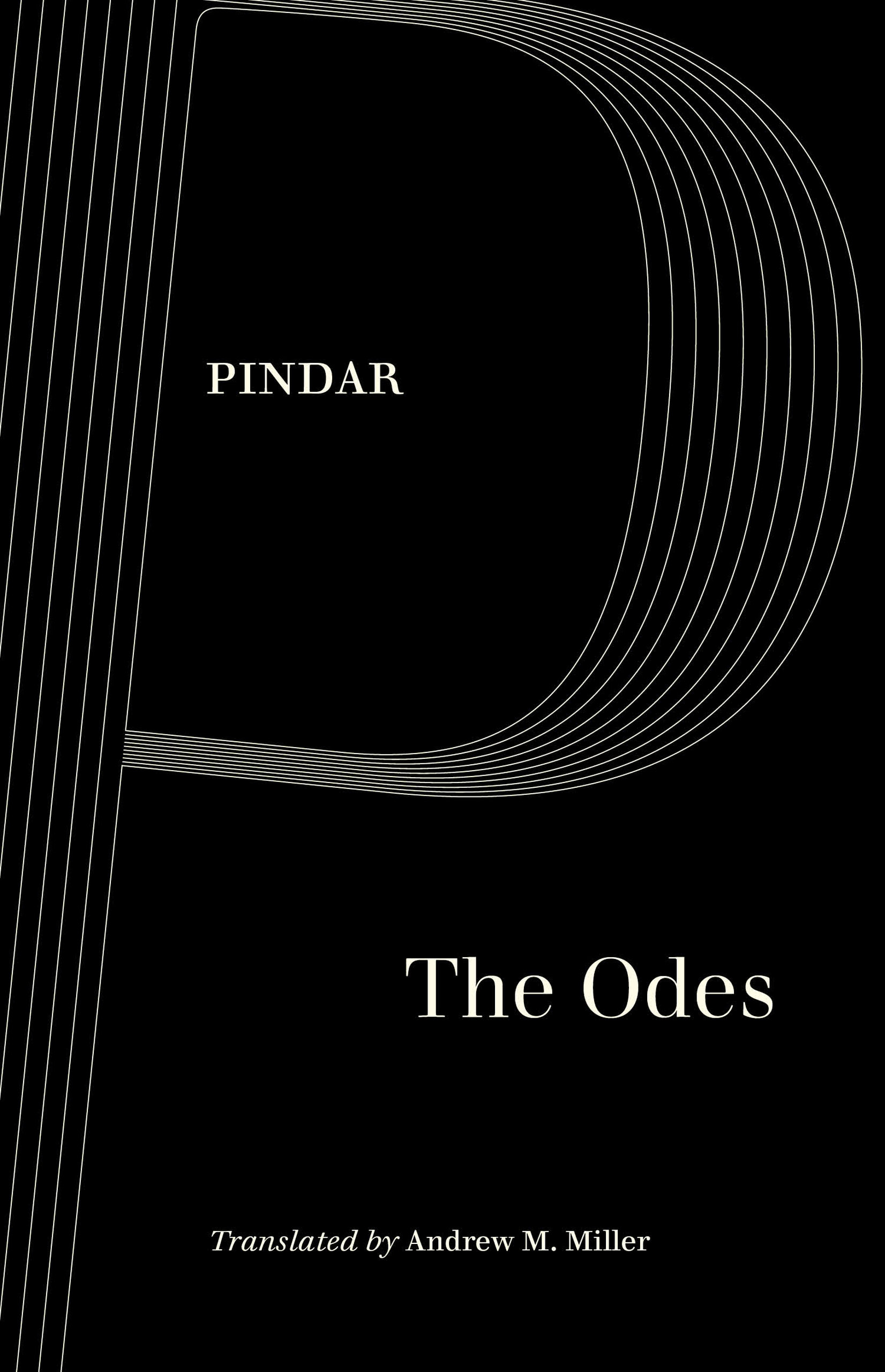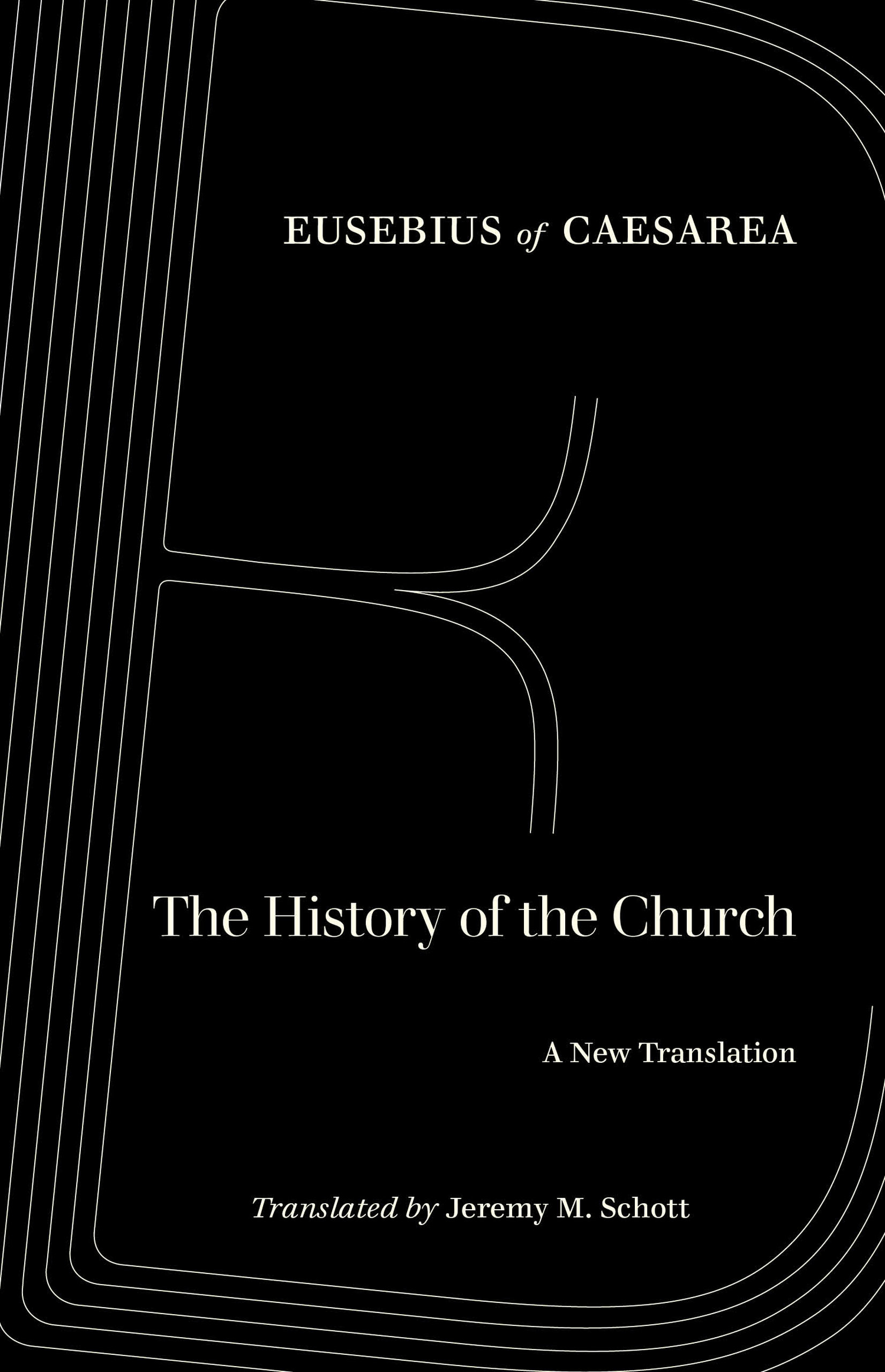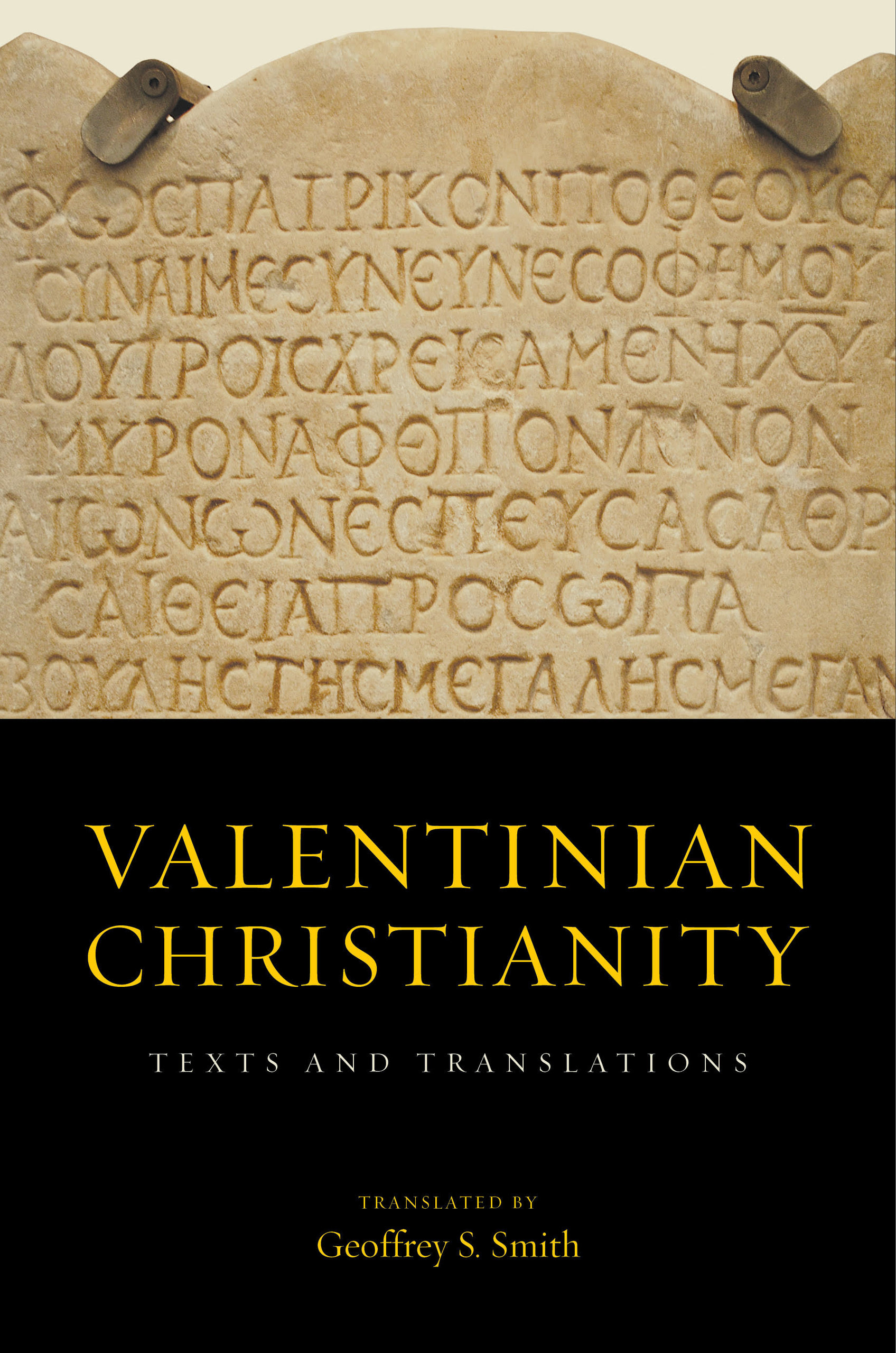Explore our groundbreaking books that facilitate teaching across disciplines. To request an exam copy, click on “Request an Exam or Desk Copy” on the book page, and this will take you to our distributor’s site where you can order your copy.
Medea: A New Translation by Euripides and translated by Charles Martin
The Medea of Euripides is one of the greatest of all Greek tragedies and arguably the one with the most significance today. A barbarian woman brought to Corinth and there abandoned by her Greek husband, Medea seeks vengeance on Jason and is willing to strike out against his new wife and family—even slaughtering the sons she has born him. At its center is Medea herself, a character who refuses definition: Is she a hero, a witch, a psychopath, a goddess? All that can be said for certain is that she is a woman who has loved, has suffered, and will stop at nothing for vengeance.
In this stunning translation, poet Charles Martin captures the rhythms of Euripides’ original text through contemporary rhyme and meter that speak directly to modern readers. An introduction by classicist and poet A.E. Stallings examines the complex and multifaceted Medea in patriarchal ancient Greece. Perfect in and out of the classroom as well as for theatrical performance, this faithful translation succeeds like no other.
The Odes by Pindar and translated by Andrew M. Miller
One of the most celebrated poets of the classical world, Pindar wrote odes for athletes that provide a unique perspective on the social and political life of ancient Greece. Commissioned in honor of successful contestants at the Olympic games and other Panhellenic contests, these odes were performed in the victors’ hometowns and conferred enduring recognition on their achievements.
Andrew M. Miller’s superb new translation captures the beauty of Pindar’s forty-five surviving victory odes, preserving the rhythm, elegance, and imagery for which they have been admired since antiquity while adhering closely to the meaning of the original Greek. This edition provides a comprehensive introduction and interpretive notes to guide readers through the intricacies of the poems and the worldview that they embody.
Sappho: A New Translation by Sappho and translated by Mary Barnard
These hundred poems and fragments constitute virtually all of Sappho that survives and effectively bring to life the woman whom the Greeks consider to be their greatest lyric poet. Mary Barnard’s translations are lean, incisive, direct—the best ever published. She has rendered the beloved poet’s verses, long the bane of translators, more authentically than anyone else in English.
The History of the Church: A New Translation by Eusebius of Caesarea and translated by Jeremy M. Schott
Eusebius’s groundbreaking History of the Church, remains the single most important source for the history of the first three centuries of Christianity and stands among the classics of Western literature. His iconic story of the church’s origins, endurance of persecution, and ultimate triumph—with its cast of martyrs, heretics, bishops, and emperors—has profoundly shaped the understanding of Christianity’s past and provided a model for all later ecclesiastical histories. This new translation, which includes detailed essays and notes, comes from one of the leading scholars of Eusebius’s work and offers rich context for the linguistic, cultural, social, and political background of this seminal text. Accessible for new readers and thought-provoking for specialists, this is the essential text for anyone interested in the history of Christianity.
Valentinian Christianity: Texts and Translations translated by Geoffrey S. Smith
Valentinus, an Egyptian Christian who traveled to Rome to teach his unique brand of theology, and his followers, the Valentinians, formed one of the largest and most influential sects of Christianity in the second and third centuries. But by the fourth century, their writings had all but disappeared suddenly and mysteriously from the historical record, as the newly consolidated imperial Christian Church condemned as heretical all forms of what has come to be known as Gnosticism. Only in 1945 were their extensive original works finally rediscovered, and the resurrected “Gnostic Gospels” soon rooted themselves in both the scholarly and popular imagination.
Valentinian Christianity: Texts and Translations brings together for the first time all the extant texts composed by Valentinus and his followers. With accessible introductions and fresh translations based on new transcriptions of the original Greek and Coptic manuscripts on facing pages, Geoffrey S. Smith provides an illuminating, balanced overview of Valentinian Christianity and its formative place in Christian history.
The Selected Letters of Cassiodorus: A Sixth-Century Sourcebook by Cassiodorus and translated by M. Shane Bjornlie
One of the great Christian scholars of antiquity and a high-ranking public official under Theoderic, King of the Ostrogoths, Cassiodorus compiled edicts, diplomatic letters, and legal documents while in office. The collection of his writings, the Variae, remains among the most important sources for the sixth century, the period during which late antiquity transitioned to the early middle ages.
Translated and selected by scholar M. Shane Bjornlie, The Selected Letters gathers the most interesting evidence from the Veriae for understanding the political culture, legal structure, intellectual and religious worldviews, and social evolution during the twilight of the late-Roman state. Bjornlie’s invaluable introduction discusses Cassiodorus’s work in civil, legal, and financial administration, revealing his interactions with emperors, kings, bishops, military commanders, private citizens, and even criminals. Section notes introduce each letter to contextualize its themes and connection with other letters, opening a window to Cassiodorus’s world.





